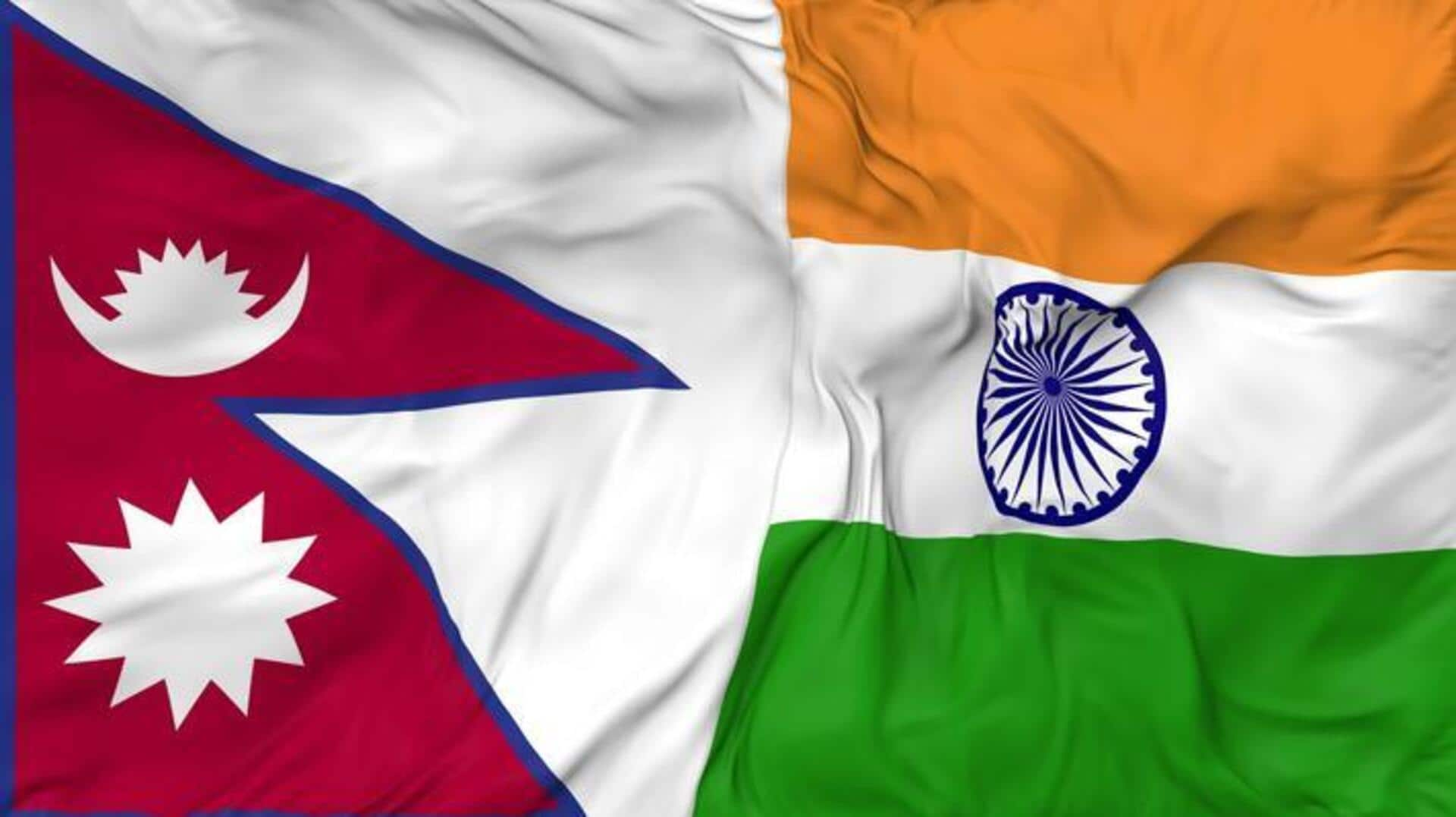
How Nepal unrest has brought trade with India to standstill
What's the story
The ongoing unrest in Nepal has severely impacted cross-border trade with India, leaving hundreds of Indian truckers stranded and businesses on both sides of the border facing huge financial losses. The violence was sparked by massive student-led protests against corruption and social media restrictions in Nepal. The situation escalated into widespread arson, curfews, and the resignation of Prime Minister KP Sharma Oli.
Trade impact
Trade at standstill
The unrest has brought trade at major border points like Panitanki in West Bengal, Raxaul and Jogbani in Bihar, and Sonauli in Uttar Pradesh to a standstill. Curfews, arson attacks, as well as repeated road blockades have halted the movement of commercial vehicles. Truck operators carrying machinery, medicines, fuel as well as perishable goods like potatoes and fruits have been stuck for days on end.
Financial losses
Daily losses running into crores
The disruption has resulted in huge economic losses. Truckers' associations in Bengal and Bihar estimate daily losses of ₹200-250 crore due to stranded vehicles. In Bihar's Jogbani market, traders have pegged collapse of cross-border trade at nearly ₹500 crore. This has also affected the local hotels, restaurants, and around 2,000 daily wage workers dependent on this trade hub.
Commerce disruption
Transport activities stopped completely
Raj Kumar Gupta, the President of the Indo-Nepal Chamber of Commerce in Raxaul, said the unrest has brought cross-border commerce to its knees. He noted that transport activities have stopped completely, leaving the traders and workers jobless in districts such as East and West Champaran, Sitamarhi, Araria, Madhubani, Supaul, and Kishanganj. Gupta added that nearly 70% of Nepal's commercial activity is tied to Indian traders.
Supply disruption
Energy crisis in Nepal
The shutdown of the integrated check post at Raxaul has choked supply chains for the essential commodities. Indian authorities recalled more than 310 tankers and trucks carrying fuel and LPG, worsening energy shortages inside Nepal.
Challenges
Humanitarian crisis looming
The unrest has largely halted the export of Indian goods to Nepal, including machinery, construction materials, and food items. For Indian exporters and service providers, the unrest is triggering a cascade of problems ranging from delayed shipments and unfulfilled contracts to fears of the rising insurance costs and credit defaults. Meanwhile, Nepal is now facing shortages of food, fuel, and medical supplies amid fears of a humanitarian crisis.